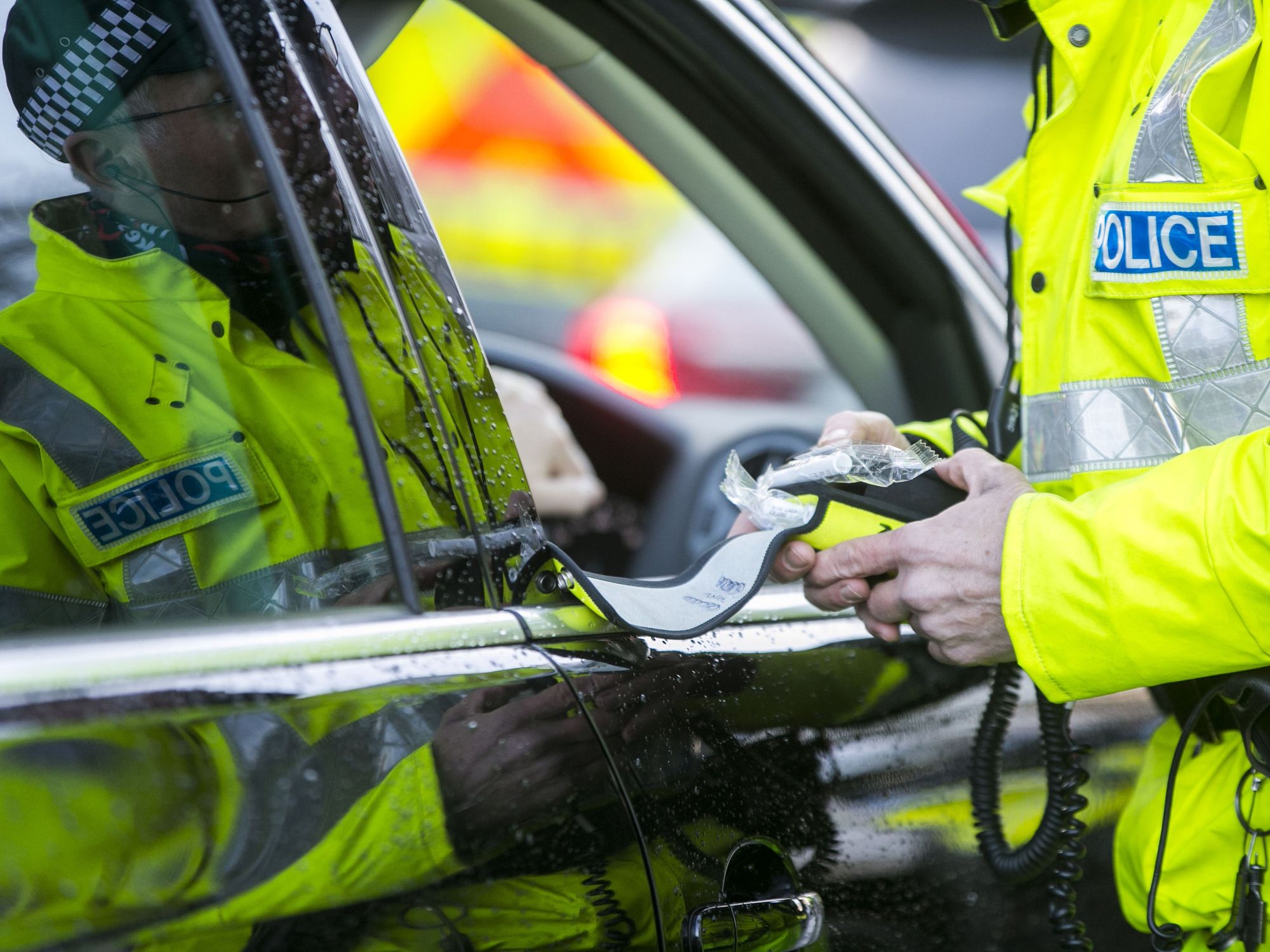Covid vaccines: Pharmaceutical firms work to tweak them against new ‘Omicron’ variant
The variant, named Omicron and designated a “variant of concern” by the World Health Organisation (WHO), has reached Belgium after being discovered in South Africa.
Don't Miss
Most Read
Work is underway to look at tweaking vaccines against the new concerning strain of coronavirus that has sparked travel bans.
The variant, named Omicron and designated a “variant of concern” by the World Health Organisation (WHO), has reached Belgium after being discovered in South Africa.
The WHO warned that preliminary evidence suggests the variant has an increased risk of reinfection and may spread more rapidly than other strains.
A number of pharmaceutical firms have said they are working to adapt their vaccines in light of the emergence of Omicron.
Health Secretary Sajid Javid said there is “huge international concern” surrounding the strain after banning flights from South Africa, Botswana, Lesotho, Eswatini, Zimbabwe and Namibia to limit its spread.
Mr Javid told MPs there are concerns the variant may be more transmissible, make existing vaccines less effective and may hinder one of the UK’s Covid treatments, Ronapreve.
Ministers were facing calls to go further to prevent a wave of the new variant arriving in Britain while a Delta surge is ongoing, as Belgium became the first EU country to announce a case.
Professor John Edmunds, who advises the Government as part of the Scientific Advisory Group for Emergencies (Sage), warned that could create a “very, very, very difficult situation”.
The EU, US and Canada all followed Britain’s move to impose travel restrictions on visitors from southern Africa ahead of the WHO adding the strain, also known as B.1.1.529, to its highest category for concerning variants.
Experts at the WHO said there is early evidence to suggest Omicron has an “increased risk of reinfection” and its rapid spread in South Africa suggests it has a “growth advantage”.
Novavax said it has “already initiated development of a new recombinant spike protein based on the known genetic sequence of B.1.1.529 and will have it ready to begin testing and manufacturing within the next few weeks”.
Moderna said: “Since early 2021, Moderna has advanced a comprehensive strategy to anticipate new variants of concern.
“This strategy includes three levels of response should the currently authorized 50 µg (microgram) booster dose of mRNA-1273 prove insufficient to boost waning immunity against the Omicron variant.”
Pfizer and BioNTech said that in the event of a variant which could escape the effects of the vaccines, the firm expects “to be able to develop and produce a tailor-made vaccine against that variant in approximately 100 days, subject to regulatory approval”.
No cases of the new strain have been detected in the UK but its arrival in Belgium – after being found in Botswana, Hong Kong and Israel – has heightened concerns.
Marc Van Ranst, a virologist at the Rega Institute in Belgium, said a sample was confirmed as the variant in a traveller who returned from Egypt on November 11 before first showing symptoms 11 days later.
The six African countries were added to the UK’s travel red list on Thursday evening and passengers arriving in the UK from these countries from 4am on Sunday will be required to book and pay for a Government-approved hotel quarantine for 10 days.
Downing Street urged anyone who has arrived from those countries recently to get tested.
Mr Javid said discussions are ongoing over the prospect of adding further countries to the red list, telling the Commons the Government “won’t hesitate to act if we need to do so”.
Boris Johnson held a call with South Africa’s president Cyril Ramaphosa on Friday afternoon after foreign minister Naledi Pandor said the flight ban “seems to have been rushed”.
The Prime Minister “commended South Africa’s rapid genomic sequencing” and its “leadership in transparently sharing scientific data”, Downing Street said.
“They discussed the challenges posed globally by the new Covid-19 variant and ways to work together to deal with it and reopen international travel,” a statement said.
Prof Edmunds said the new strain “is a huge worry” and that “all the data suggests” it would be able to evade current immunity.
“Our fears are it would do so to a large extent,” he told BBC Radio 4’s PM programme.
Prof Edmunds urged ministers to look at extending travel restrictions and to prepare a plan to deal with Omicron because “at some point we’re going to get this variant here in the UK”.
But Professor Brendan Wren, of the London School of Hygiene and Tropical Medicine said people should “stay calm and not overreact”, adding that scientists can “easily modify vaccines to meet new variants”.
Striking an optimistic tone in the Daily Mail, he wrote: “In the arms race against the virus, humanity is winning – and we are well prepared. This is not the last time another variant will emerge.
“In the meantime, it is vital to remember to stay calm and not overreact.”











